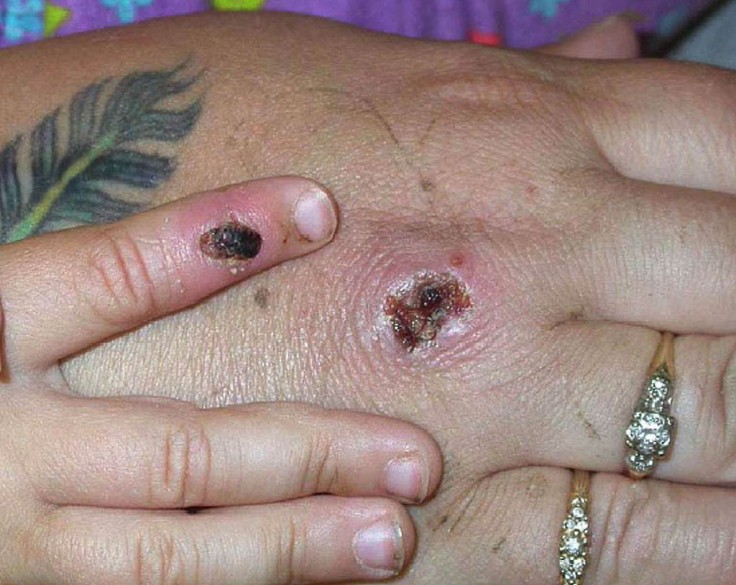
An outbreak of monkeypox is causing concerns for public health officials worldwide as the first new case in the U.S. has been detected in Massachusetts. Six other suspected cases in the U.S. are also being closely watched.
Per the Massachusetts Department of Health, the man who has the monkeypox virus infection arrived from Canada, where there are less than 20 active cases. The virus is also active in the U.K., Spain, and Portugal, prompting the World Health Organization to declare an outbreak.
The monkeypox virus was discovered in the late 1950s in the region of Africa, but the first transmission to humans happened in the 1970s in Congo. Cases worldwide have been under control over the decades, alongside efforts to eliminate the smallpox virus.
Jennifer McQuiston of the U.S. Centers for Disease Control and Prevention (CDC) said that this year's cases are unusual because most reports in the past only come from the African regions and not North America or Europe. While the virus has a low transmission, it can be deadly for one in 10 people, especially the vulnerable population like the children.
Massachusetts public health officials confirm case of monkeypox; the confirmed case poses no risk to the general public: https://t.co/D9htqh3LiV pic.twitter.com/VZNNdmgrzp
— Mass. Public Health (@MassDPH) May 18, 2022
Monkeypox Virus: What to Watch Out For
People infected with the monkeypox virus may develop fever, headache, and muscle aches within seven to 14 days of exposure. They might also experience chills and exhaustion or feel that their lymph nodes are swollen. Itchy or painful rashes could also manifest around the face and genitals that may look like smallpox or chickenpox. These symptoms may last for at least two weeks.
Monkeypox spreads through actual contact between animals to humans. Droplets of the virus can enter the body through the mucous membranes in the eyes, mouth, or nose and broken skin or the respiratory tract. The World Health Organization said that dying from this virus is between zero to 11 percent.
Public health experts have studied the virus for years since monkeypox is not a new pathogen. In fact, in 2021, Maryland and Texas also had reported cases involving people who traveled to Nigeria. In 2003, monkeypox cases were also reported in Wisconsin, Ohio, Missouri, Kansas, Indiana, and Illinois. Awareness about the current outbreak serves as a good reminder that infections are still around, and the public must always be ready to protect themselves.
No Threats to the General Public
However, McQuiston said, via CNN, that monkeypox should not be a concern to the general public as there are no immediate threats. The CDC also monitors the disease "all the time," even as the risks are low.
Jimmy Whitworth of the London School of Hygiene and Tropical Medicine also believes that this outbreak will not go the way of COVID-19. Despite this, the expert maintained that the current outbreak should be treated as a serious disease.
The CDC also cite an existing vaccine for this virus, called Jynneos or Imvamune or Imvanex, which has been FDA-approved since 2019. It is primarily used to eradicate smallpox, but it also works well with monkeypox. However, this vaccine is not widely available to the general public compared to the COVID-19 vaccines, and because smallpox vaccines have not been widely given for many years, billions of people may still be vulnerable to monkeypox.